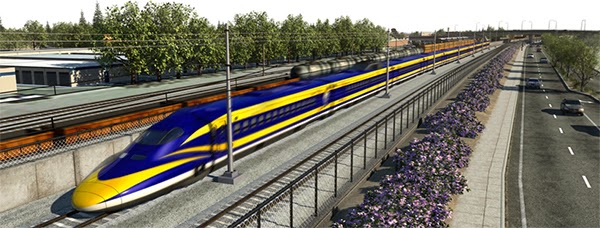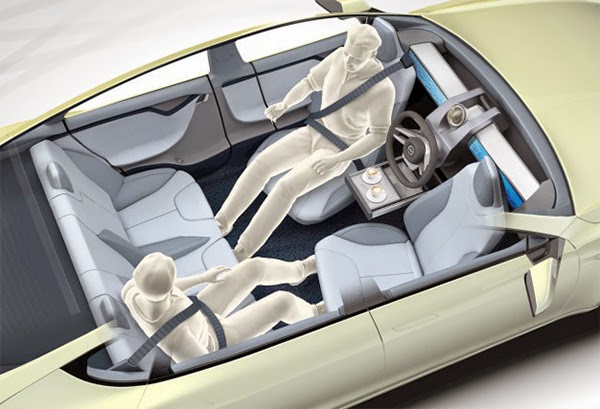
Earlier this year I argued that the up-front cost of local transportation projects, like light rail and bus rapid transit, aren’t really comparable to the cost of California’s high speed rail system. While all of these investments are fighting for the same dollars to some degree, their long-term balance sheets look very different: Local transit typically requires a persistent operating subsidy, whereas even the low-ridership estimates for high speed rail forecast a consistent operating profit. As a result, longer time horizons favor high speed rail, as profits gradually eat away at the high initial capital costs required to build out the network.
View this complete post...


















 RSS Feed
RSS Feed